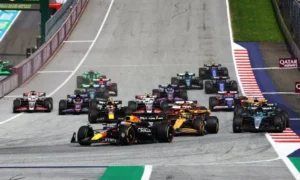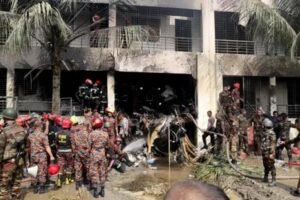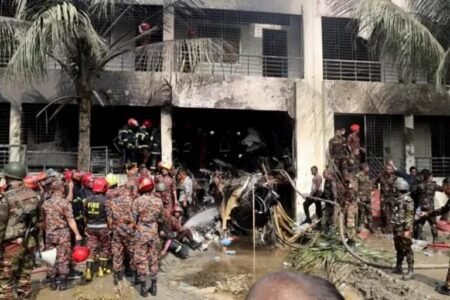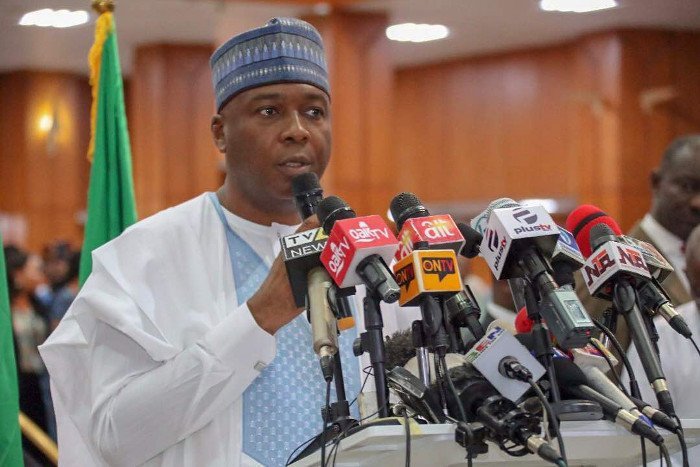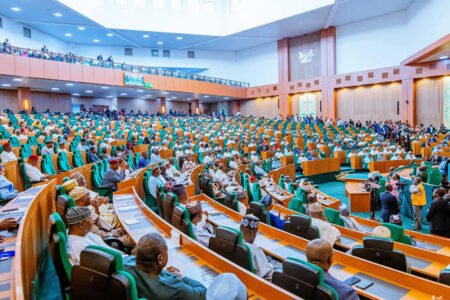The UN mission in Libya advised against “unilateral initiatives” to resolve the country’s political impasse on Thursday, after two parliamentary bodies recommended forming a new temporary administration as a prelude to elections.
The UN wants a clear path to elections as part of a long-term solution to Libya’s 12-year-long conflict, while opponents of the current Tripoli administration want to focus on removing it before any national poll.
“Unilateral actions, like similar attempts in the past, could have serious negative consequences for Libya and spark further instability and violence,” the United Nations mission warned in a statement referring to the parliamentary bodies’ plans.
During the conflict between eastern and western groups that has ceased since 2020, the two entities, the eastern-based House of Representatives parliament and the Tripoli-based High State Council, supported opposite parties.
Last year, an attempt by the HoR to form a new government resulted in a day of intense violence in Tripoli.
While the bodies remain opponents on many crucial topics, they have both expressed opposition to the Government of National Unity in Tripoli, led by Prime Minister Abdulhamid al-Dbeibah, and many Libyans feel they are hesitant to hold elections.
The House of Representatives was elected to a four-year term in 2014, and the HSC was formed in 2015 from a previous legislative body elected in 2012. Both committees have a say in important political developments under an internationally acknowledged agreement signed in 2015, but they dispute what powers each has.
This year’s UN diplomacy has centred on pressuring them to agree on constitutional and legislative amendments that would allow presidential and parliamentary elections to take place, but they have yet to do so.
“The electoral laws in their current state will not facilitate successful elections,” stated UN ambassador to Libya Abdoulaye Bathily two days earlier in a separate statement.
Instead, the bodies have declared a different agenda that includes dissolving Dbeibah’s administration before proceeding to the national elections that would replace them.
After originally passing the blueprint, the two chambers acknowledged they were still discussing “some notes” from it. It intends to create a new interim administration to oversee presidential and legislative elections.
